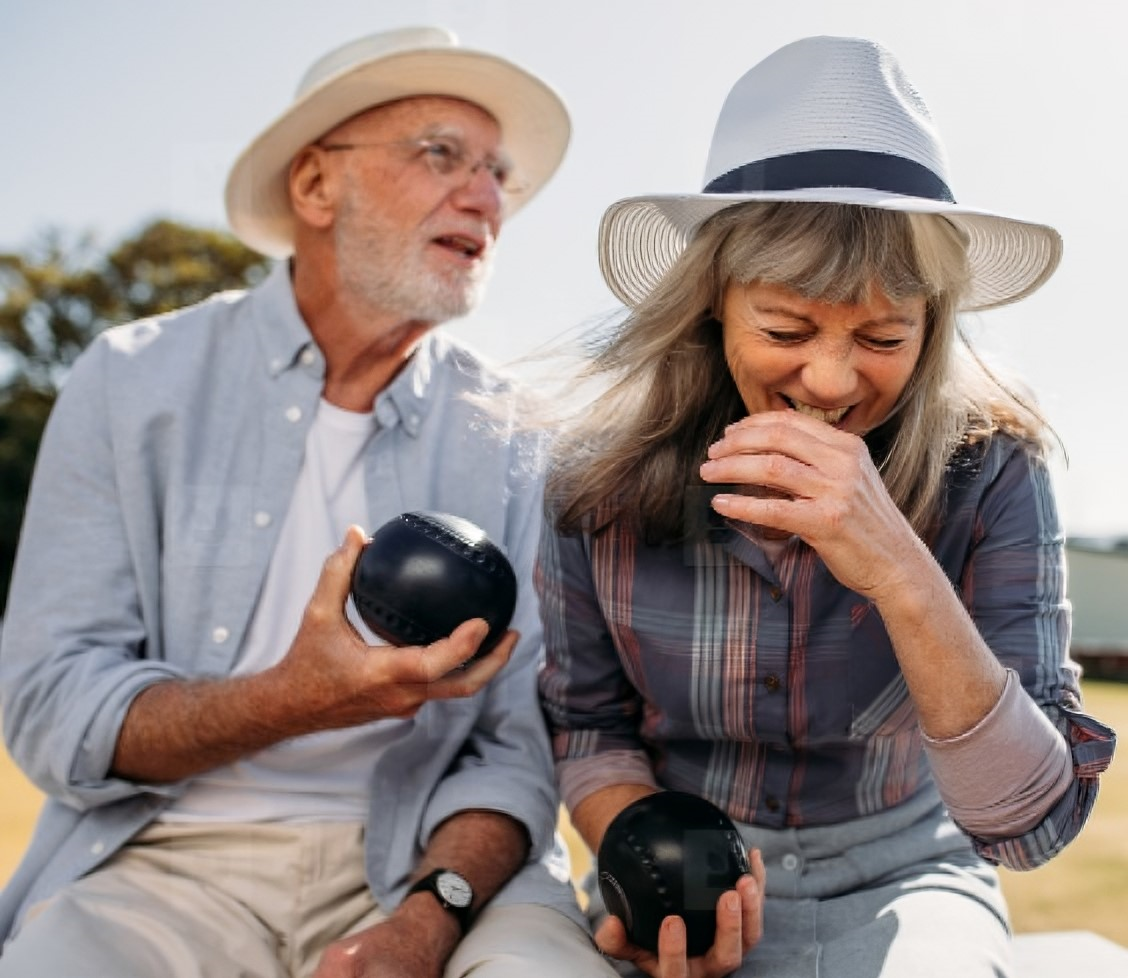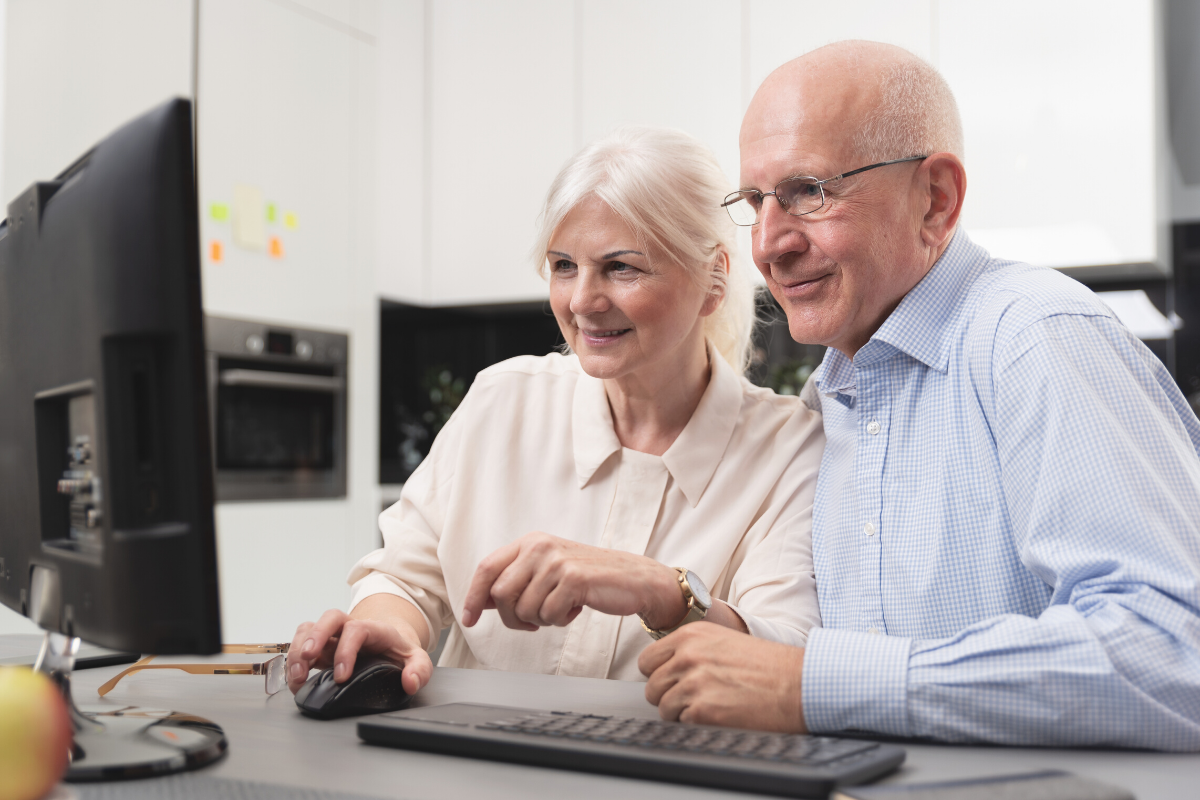Everyone wants to feel independent, in control and to feel cared about; the question is whether a personal alarm will support or hinder this. Many older people, and their support networks, start looking for personal alarms after an incident occurs or as part of planning for continued independence at home.


Personal alarms: safety pendants, watches and wristbands
Personal alarms come in many shapes and sizes; we’re focusing on safety pendants, medical watches and wristbands. Until recently, safety pendants worn around the neck were seen as the default choice for personal alarm systems. A plethora of safety pendants are available on the market, it is a tried-and-tested product that has a long history in aged care.
However, it has been found that safety pendants are not always successful at detecting falls because some people aren’t wearing them when they have a fall. People have described the ‘look’ of the pendants and the ‘stigma’ attached to wearing a safety pendant as the key reasons for not wearing them.
Each product will have benefits and shortcomings so it’s important to think about your lifestyle, your comfort with the technology and your purpose in having a personal alarm system before you decide.
In the table below we have selected three different safety pendants and three different safety watches/wristbands products to take a deeper look at. There are a huge variety of products available online, you’re not limited to this selection. You may also wish to explore smart watches (such as Apple Watch) and safety sensors (such as UMPS), which are also gaining popularity among older people for monitoring safety and wellbeing.
| Personal Alarm Products | ||||||
| Safety Pendants | Medical Watches / Wristbands | |||||
| Live Life Alarms2021 Model | VitalCALLPearl Medical Pendant | Safety LinkSEVEN alarm | MepacsWatch personal alarm | LivelyWearable 2 | eHomeCareiStayStafe | |
| GPS locator | YES | NO | NO | YES | YES | YES |
| Automatic falls detection alarm | YES | NO | YES | YES | OPTIONAL | NO |
| User can activate alarm | YES | YES | YES | YES | YES | YES |
| 24/7 monitoring | NO | YES | YES | YES | OPTIONAL | NO |
| Two-way speaker | YES | YES | YES | YES | YES | YES |
| 24/7 monitoring | NO | YES | YES | YES | OPTIONAL | NO |
| Works out of home | YES | NO | NO | YES | YES | YES |
| Works at home | YES | YES | YES | YES | YES | YES |
| Ongoing monthly fees | NO | YES | YES | YES | YES | YES |
| Ongoing monthly fees | NO | YES | YES | YES | YES | YES |
| Upfront cost OVER $500 | YES | NO | NO | YES | NO | NO |
| Choice of aesthetics (3 or more) | NO | NO | NO | NO | NO | YES |
| Long life battery (over 3 months) | NO | YES | NO | NO | YES | NO |
| Ease of use (less than 2 functions) | YES | YES | YES | NO | NO | NO |
| Requires Smartphone | NO | NO | NO | NO | YES | NO |
Sources:
- Swinburne University of Technology – Don’t Leave Me Untouched: Considering Emotions in Personal Alarm Use and Development
- Designing for Senior Citizens – Desiring to be in touch in a changing communications landscape: Attitudes of older adults
- Better Health Victoria – Falls prevention at home
- eHomeCare – How to select a personal alarm




